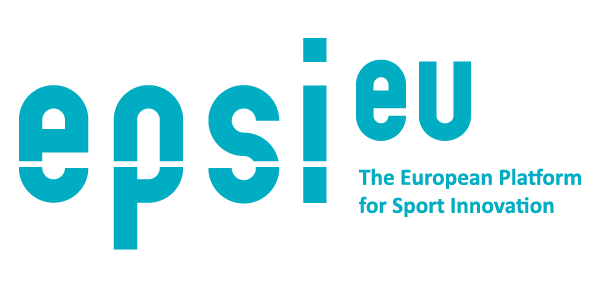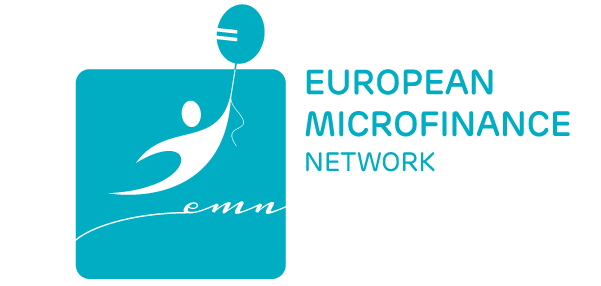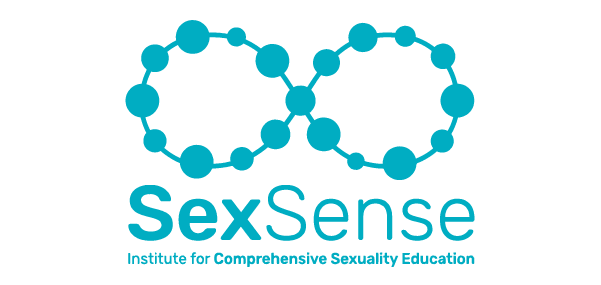InterMu-Se – Inter-religious Coalition Building Against Anti-Muslim Hatred and Antisemitism is a project co-funded by the European Union under the Citizens, Equality, Rights and Values (CERV) Programme 2023 – Equal. The project, which brings together partners from Greece, Italy, Cyprus, France, Spain and Ireland, is moving confidently into its second year after laying a solid foundation of research, collaboration and preparation across the six EU countries with the aim of countering religious hatred and promoting intercultural understanding through a unique blend of dialogue, training and action.
Since its launch in May 2024, InterMu-Se has focused on gaining a clear and human-centered understanding of how anti-Muslim hatred and antisemitism are experienced in different local contexts. Through a combination of interviews with religious leaders and scholars, online surveys targeting the public, and a review of best practices, the consortium gathered extensive first-hand insights on prejudice, discrimination, and barriers to interfaith cooperation. These qualitative and quantitative findings have formed the backbone of the project’s initial outputs. Each participating country has produced a national report, offering a research-based overview of local realities, challenges, and successful community initiatives. These reports include literature reviews, thematic analysis of the interviews and surveys, and context-specific recommendations. They can all be accessed via the project’s online library.
Building upon these national inputs, the consortium also finalized a Transnational Report, which consolidates findings from across the partnership and highlights common challenges such as the role of media in stereotyping, youth disengagement from interfaith initiatives, and the need for practical tools to support religious leaders and civil society in fostering dialogue.
The project has just completed the development of its capacity-building programme with modules carefully designed to address the needs identified during the research phase. This programme will support religious leaders, faith-based institutions, and civil society actors by equipping them with the skills and knowledge needed to engage in effective interfaith dialogue, challenge stereotypes, build inclusive communities, and manage sensitive issues such as conflict and hate speech. The training modules cover a wide range of both theoretical and practical topics and are currently being finalized for use on the project’s e-learning platform. These include: introduction to interfaith dialogue, the social construction of prejudice and stereotypes, religious practices, communication skills, active coexistence, inclusive participation, and joint actions based on common values.
Looking ahead, the InterMu-Se team is preparing for the implementation of national capacity-building seminars. These seminars will take place in each partner country soon and serve as an important step in translating knowledge into practice. Religious leaders and key stakeholders will participate in hands-on workshops to explore inclusive dialogue methods, share experiences, and gain practical tools to develop joint strategies to combat religious intolerance at the community level. In parallel, the project will soon launch a series of local awareness-raising campaigns, aimed at informing the public, promoting social cohesion, and encouraging participation in interfaith efforts.
As the project enters this new phase of implementation, the partners remain firmly committed to its mission: to build bridges between faith communities, reduce fear and misunderstanding, and create sustainable frameworks for cooperation. Through a combined effort of education, engagement, and action, InterMu-Se seeks to empower individuals and communities to stand against religiously motivated hatred and work together toward a more inclusive Europe.
If you’re interested in taking part in our upcoming capacity-building seminars, feel free to contact us — we’d be happy to hear from you.
For more information about the project, partners, and upcoming activities, please visit www.intermuse.eu or explore our library of resources and reports.
Download the newsletter.





